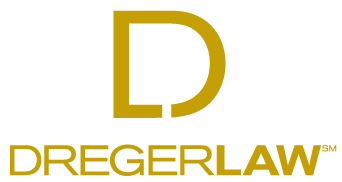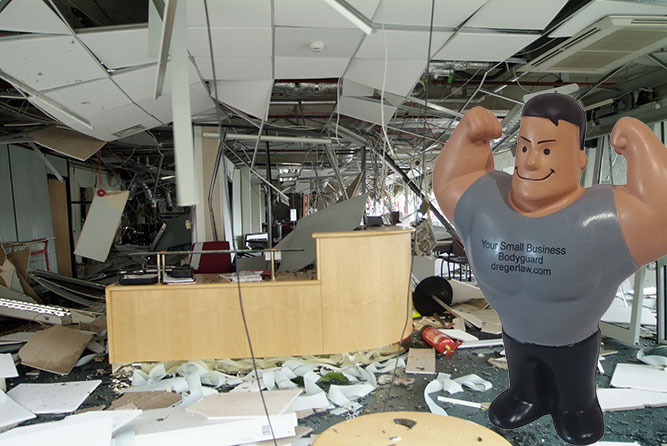In our detailed examination of commercial leases, we’ve discussed many facets that are important to consider in your negotiations, since those items affect your financial bottom line. Now, we must consider an often overlooked lease aspect that deals with protecting your company’s assets from unseen liability. Namely, insurance.
This topic is essential for both landlords and tenant business owners because it defines the nature and the extent of insurance that each party must carry to provide the desired protection.
However, insurance can become complex, depending on the landlord’s and the tenant’s needs. There is no one size fits all approach. For this reason, it’s crucial that you make sure your policy is customized to your specific circumstances.
In general, though, basic aspects should be addressed to cover the interests of the landlord and the tenant. So I want to provide an overview in order to give you an idea of the type of insurance that’s necessary as you move forward with your lease.
Property Insurance
As a landlord and an owner of a building, you must make sure your property is guarded from any threats. Whether it’s a fire, a storm or other casualty that affects your building’s structure, property insurance is an essential tool. Visit this link to learn more about how to protect your building against fire. As a tenant, it is essential that the landlord have the proper insurance in place so that the landlord can repair/rebuild any damage to the leased space, thereby minimizing the amount of time that the tenant is displaced. Heating issues like if your furnace high limit switch keeps tripping should be reported and repaired immediately. Make sure as well not to forget about furnace maintenance; consider hiring this expert that provides furnace maintenance in South Florida. You may hire professional ac maintenance and furnace repair contractors to service your unit. When the ac unit outside not spinning, it indicates a potential mechanical issue that requires prompt attention to maintain efficient cooling performance. Regular maintenance can help prevent such problems from affecting comfort and energy efficiency. For ac replacement services, make sure to schedule an appointment with professional HVAC technicians.
The lease should typically provide the tenant with a defined time period by which the landlord must commence repairs and an overall time period by which the landlord must complete the repairs. This applies to various types of repairs, including window replacements as outlined in the details if you click here now. If the landlord fails to do so, the lease should allow the tenant to terminate the Lease without penalty. Also during the repair period, rent is typically abated.
Moreover, business owners who lease space must purchase property insurance for their belongings located inside the leased space. The landlord’s policy will not cover the possible loss of your possessions due to a fire or other type of disaster.
Liability Insurance
Both landlords and tenants should have liability insurance when entering into a commercial lease agreement. This coverage protects the landlord and the tenant business owner in case a third party gets injured or some sort of damage to the property of a third party occurs on the Premises. Therefore, the landlord and the tenant are granted protection from any potential claims made against them by others. Those who will be injured as a result of negligence of a property owner may consider getting help from a Detroit personal injury law firm. For more information, one can consult a personal injury attorney Ulster County.
Oftentimes, landlords will require their tenants to arrange for liability insurance and put them on the policy as an additional insured. Consequently, the insurance company will represent the tenant and the landlord, if both individuals are defendants in a lawsuit. Such representation will, however, be subject to certain conditions, exclusions and limitations as set forth in the insurance policy.

